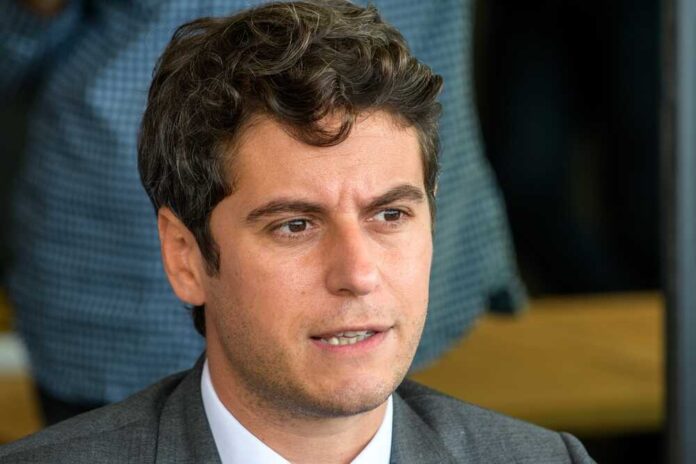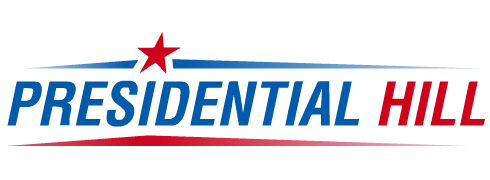
France plans to charge those who don’t attend their scheduled medical visits to free up a million slots. Health care is facing increasing pressures due to an aging population, and Prime Minister Gabriel Attal has suggested a proposal to help with this. But medical professionals say it’s an effort to shift the burden onto patients and that the plan won’t work.
According to similar proposals, patients in the United Kingdom would be required to provide debit or credit card information when scheduling an appointment. Physicians are within their legal rights to impose a fine if patients do not show up as scheduled with a minimum of 24 hours’ notice.
However, patients with good reasons to skip their appointments would still not be charged. The sanctions are expected to be implemented in January, and the French parliament is expected to consider the bill to modify the legislation in the near future. Some regions of France have earned the moniker “medical deserts” due to the extreme distances that their inhabitants must travel to get medical professionals. According to the government, everyone should be able to see a doctor within half an hour.
Health professionals say all plans to implement a pricing system are ‘counterproductive’ and a mistake. ‘ They believe the introduction of a punishment system may lead to financial losses for the NHS and further red tape for primary care providers. They also worry it would make individuals reluctant to ask for assistance when they really need it.
More than half of the 1,000 Britons surveyed last year (51%) would favor a £10 fee for patients who fail to attend their scheduled doctor’s or hospital visits. A scathing study released this week shows that nearly 20% of patients experience one-month or more appointment wait times. From 12.8 million to 17.6 million appointments, a 38% increase means that more patients are now facing months-long delays. Some family physicians say they squeeze up to 90 patients daily, making it seem like they’re on a conveyor belt.
The level of satisfaction among patients has likewise dropped to its lowest point in forty years.














